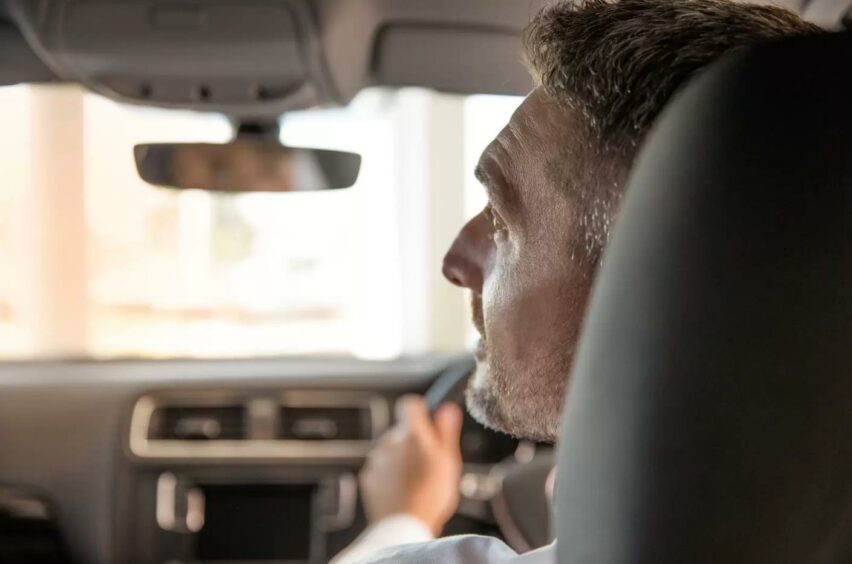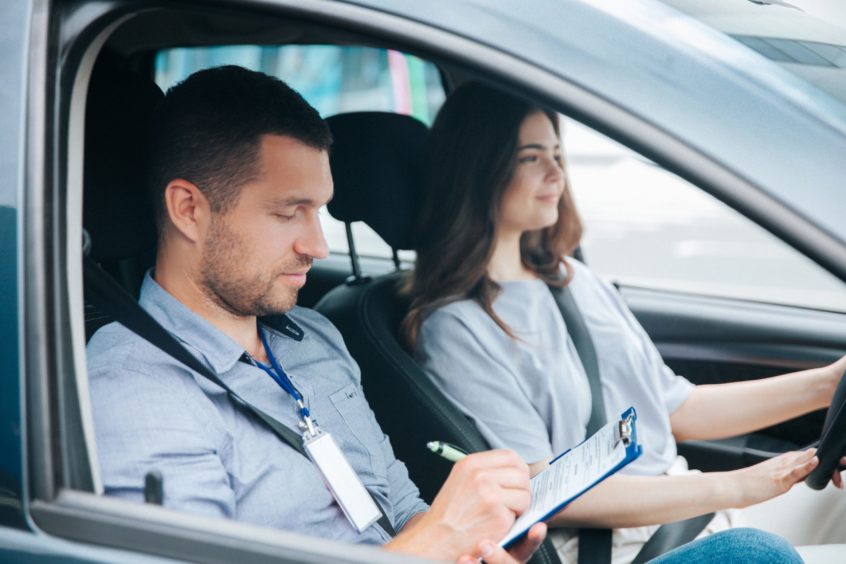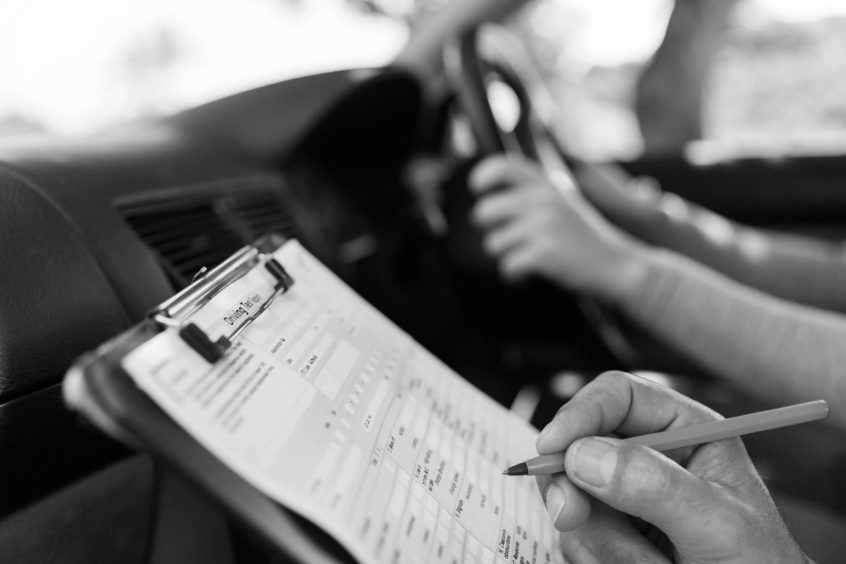British drivers get better with age, according to new research from one of the UK’s leading car finance companies.
Volkswagen Financial Services UK (VWFS) surveyed the nation to find out how confident people would feel retaking their driving test with the results highlighting an underlying self-assurance among most motorists.
The data revealed that a massive 70% of the population believe they’d pass their practical driving test if they retook it tomorrow. And confidence seemingly increases with age, as 81% of over 65s feel they would re-pass the test.
Mature drivers have confidence in their motoring skills

Official figures from the DVSA showed there were 692,684 practical tests taken in the 2021/22 reporting period, with a pass rate of 50.5%.
Whilst the number of practical tests taken has fallen 60% since 2016/17, the pass rate has climbed from 47.1%.
The VWFS study also found that more than half of respondents (59%) think they would pass a re-sit of their theory test.
However, confidence in this aspect of the test decreases with age, with 53% of over 45s believing they would pass, compared to 76% of millennials.

Almost half the population (46%) are confident that they would pass both parts of their driving test, whilst 17% don’t feel confident they’d pass either.
One in five women feel they wouldn’t pass either element of the test, which is a significantly greater proportion than men (15%).
Scots least confident about passing practical test

This is reflective of official DVSA figures which highlight a practical test pass rate of 53% among males in 2021/22 versus a pass rate of 48% for females.
Drivers in Scotland were the least confident about passing their practical test (65%), whereas those living in the Midlands were found to be most confident (72%).
The same trend applies to theory test re-sits, with Scottish motorists least confident (42%) and the Midlands most confident (67%).
Driver etiquette and thank you waves
It’s the ultimate snub for any driver and the research from Volkswagen Financial Services UK’s data insights team has revealed that Brits can’t stand it when they don’t receive a thank you wave.
The study found that an incredible 89% of drivers are bothered in some way when they aren’t acknowledged for giving way to another motorist.

However, most motorists understand the importance of the unwritten etiquette, with 76% of drivers almost always acknowledging a motorist who has given way to them.
And nearly a quarter (23%) of drivers take “dibs” rules (claiming the front passenger seat of a vehicle for yourself) seriously, with 63% of millennials taking it seriously versus just 2% of over 65s.
A significant number of the population are likely to have sat their original test more than 20 years ago
Charlotte Cheeseman, Head of Marketing at Volkswagen Financial Services UK, said: “Most of us learn to drive when we’re teenagers and as the years go by I’m sure most people pick up bad habits along the way.
“So it’s interesting to see that so many drivers believe they’d re-pass their practical test at the drop of a hat, especially when you consider that a significant number of the population are likely to have sat their original test more than 20 years ago!
“But I think this research relates to a wider point about the British public’s undeniable love of driving. For me, it speaks volumes about our collective confidence on the road and that we feel safe, relaxed and comfortable in our cars.”
For more information, visit customer.vwfs.co.uk
